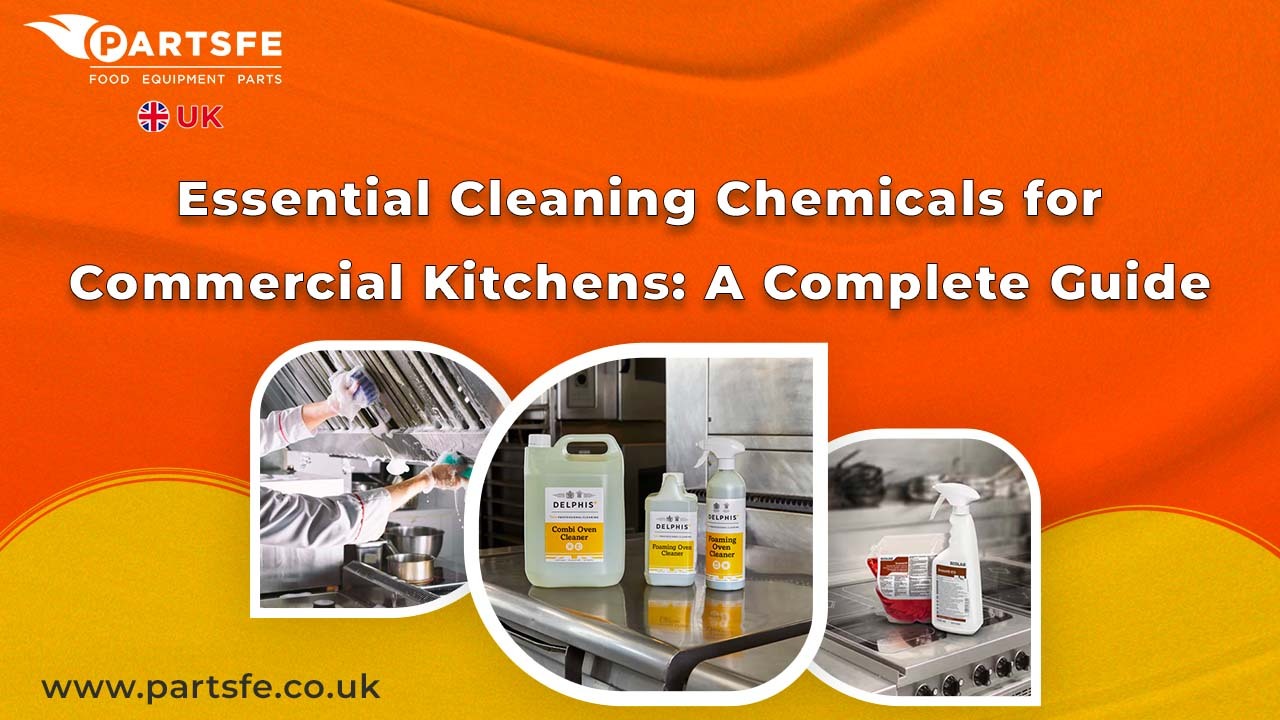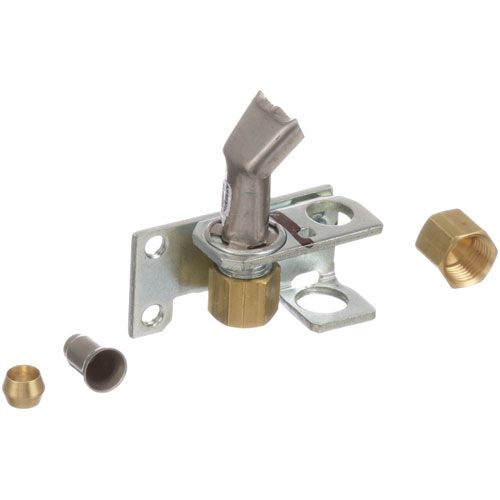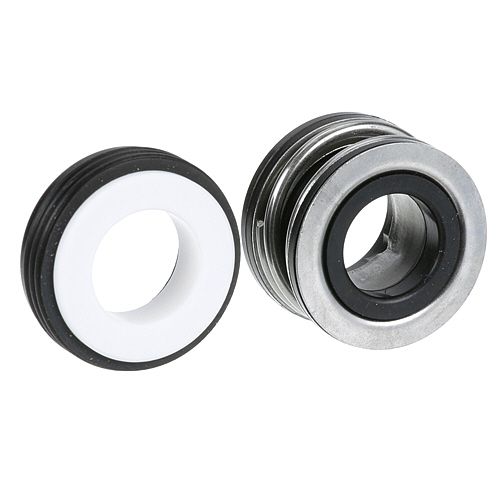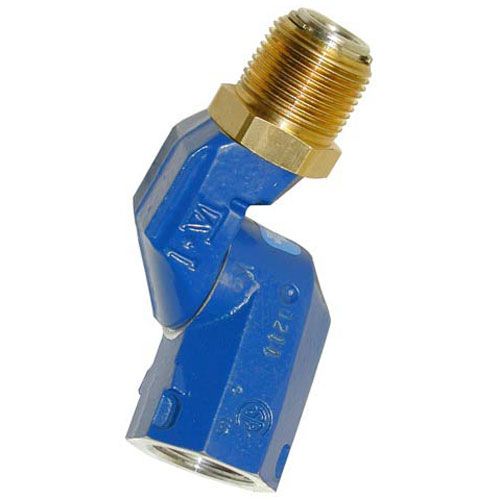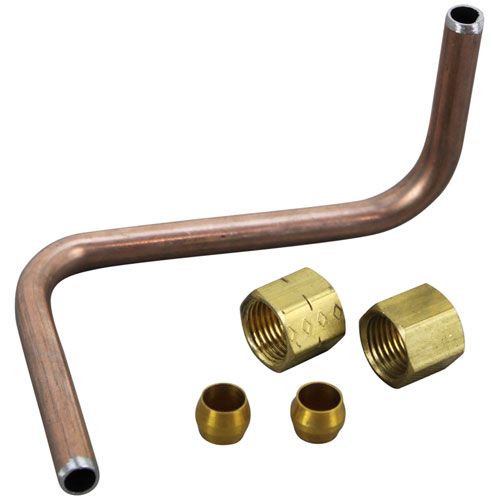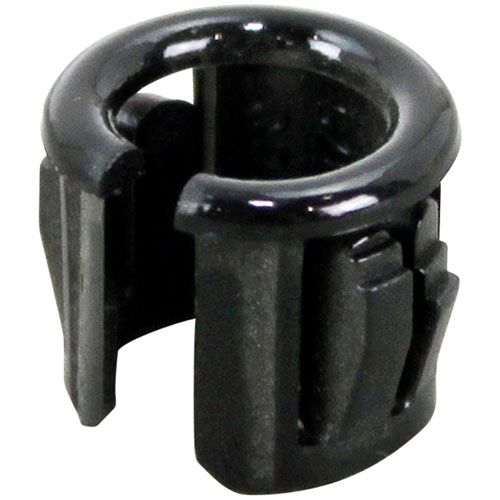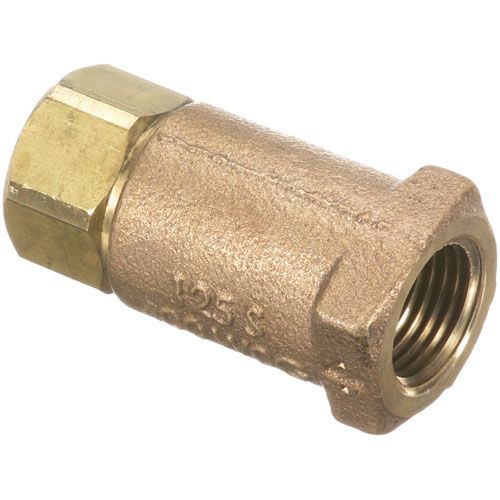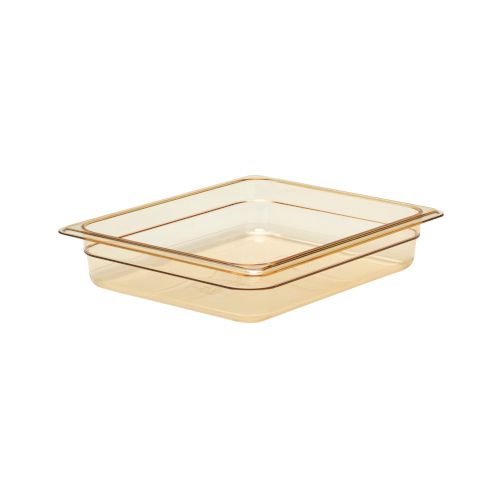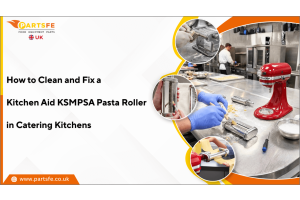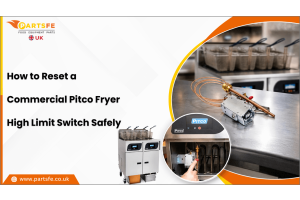Essential Cleaning Chemicals for Commercial Kitchens: A Complete Guide
Cleanliness is of utmost importance in a commercial kitchen, where the environment is busy. The cleanliness of a space not only guarantees food quality but also hugely affects the health and safety of the staff and the other customers. In these establishments, cleaning chemicals are critical to the achievement and maintenance of high sanitation standards. This guide goes in-depth on the essential cleaning chemicals, how they are applied, safety and environmental considerations, and their applications in commercial kitchen settings, to help commercial kitchen operators keep the place clean, safe, and effective.
Significance of Cleanliness in Commercial Kitchens
The cleanliness of a commercial kitchen is not up for debate when it comes to food service. Cleaning prevents cross-contamination, food-borne illnesses, and pests from coming and living with you. USDA and FDA take into account health and sanitation standards, and thus noncompliance to these could cause some health hazards, legal problems, as well as the commercial reputation of the restaurant. Regular cleaning and sanitizing create a professional and diligent atmosphere in which customers can feel safe and healthy that their food is prepared.
Impact of Proper Cleaning Chemicals on Hygiene and Safety
In a commercial kitchen, it is important to choose the proper cleaning chemicals. The different chemicals are designed for particular purposes: cleaning grease, disinfecting, and breaking down minerals. Knowledge of the properties and proper applications of these chemicals assists kitchen staff to keep hygiene and safety in place. In addition, the use of the right products can increase the duration of kitchen equipment and surfaces which ultimately results in better workflow and less operational costs.
Types of Cleaning Chemicals
1. Detergents
In any commercial kitchen, detergents are the backbone of any cleaning regimen. These cleaning agents are used for cleaning dirt, grease, food residues, etc. from surfaces. They break down the fat molecules and suspend dirt, so it is easier to rinse away. There are some common applications of detergents in a commercial kitchen.
-
Dishwasher Liquids: Specifically designed for commercial dishwashers, they clean crockery and cutlery by cutting through grease, leaving no residues and damaging the dishes.
-
Pot Wash Liquids: These liquids are designed for hand washing pots and pans and are usually more concentrated to deal with heavy grease and burnt food residues.
2. Disinfectants and sanitizers
In a kitchen, disinfectants and sanitizers are important in reducing the bacterial load. Bacteria, viruses, and other pathogens are killed by them and are very important in preventing food-borne illnesses. These chemicals are applied properly to ensure that the food preparation areas are safe and in compliance with health regulations. Some common uses include:
-
Surface sanitizing: These are used for the countertops, cutting boards, and all food surfaces that require decreasing the cross-contamination risk.
-
Food contact sanitizers: These products are safe for surfaces that will contact food by inhibiting the growth of pathogenic microorganisms and do not require rinsing after application.
3. Acid cleaners
The acid cleaners are necessary for removing mineral deposits, limescale, and rust stains that can be found in appliances that are exposed to water like dishwashers and coffee machines. Although they are effective for descaling operations, they need to be handled with specific safety precautions because of their corrosive nature. Here are some considerations:
-
Usage considerations: Never use these cleaners as directed by the manufacturer and use them sparingly so as not to damage the surfaces.
-
Proper ventilation and minimum accessories (goggles and gloves) are also considered safety precautions when working with acid cleaners.
4. Abrasive cleaners
Abrasive cleaners are intended for scrubbing tough stains and residues that may not be removed by normal detergents. Typically, these cleaners are used on sturdy surfaces such as floors or stainless steel appliances. Important points include:
-
Surfaces: Abrasive cleaners should be used on appropriate surfaces that can be scrubbed without damage.
-
Application methods: Though used sparingly and usually along with water to avoid scratching delicate surfaces.
5. Degreasers
These are powerful cleaning agents degreasers exactly break down heavy grease buildup on surfaces and kitchen equipment. High alkaline components are often included in them, which makes them effective against tough grease that is encountered during cooking and food preparation. Examples include:
-
Degreasers high alkaline: For cleaning ovens, fryers, and grills.
-
Range cleaners: For maintaining a safe cooking environment, these cleaners are specially designed to remove grease and burn on food from stove tops and hoods.
Essential Cleaning Chemicals and Their Applications
-
Dishwasher and pot wash liquids: Made for cleaning dishes, pots, and pans, these cleaning agents are designed to protect the longevity of commercial dishwashers. These dissolve grease and grime very efficiently to ensure your items are sparkling clean. Regular use not only helps hygiene but also prevents the accumulation of food residue which can damage the dishwasher’s functioning.
-
Surface sanitizers: Food preparation areas must be disinfected to prevent cross-contamination and surface sanitizers are necessary to accomplish this. Sprays and wipes are available as different types of sanitizers that can be used on non-porous surfaces like countertops and stainless steel. Using the right type of sanitizer for each surface ensures that there is hygiene in the environment.
-
Floor cleaners: Proper cleaning of the kitchen floor is essential to avoid slips and trips, as well as to keep the environment clean. Floor cleaning agents should dissolve grease and grime without leaving residues that could be slippery. These cleaners can be liquid or chemical pads used with mopping or scrubbing machines.
-
Drain cleaners: Commercial kitchens, where grease builds up fast and food particles can pile up, need proper drainage and this is where drain cleaners become important for maintaining the same. The regular application of drain cleaner should stop clogging and allow wastewater to flow efficiently.
-
Oven and grill cleaners: Formulated to remove baked-on food, grease, and carbon deposits from ovens and grills, these cleaners are. The operational efficiency and food safety require the regular maintenance of these surfaces. Ovens and grills are recommended to be cleaned after every use or at least daily.
Safety Considerations For Use Of Cleaning Chemicals
There are safety risks associated with cleaning chemicals if not used properly. Safety considerations include all the following:
-
Proper storage and labeling: All cleaning chemicals must be stored in a safe secure and named location to prevent accidental misuse. Make sure that chemicals are kept out of the children’s reach and nonkitchen staff.
-
Personal protective equipment (PPE) requirements: When dealing with cleaning chemicals, always wear appropriate PPE. Depending on the type of chemicals being used, this may include gloves, goggles, and masks.
-
Importance of following manufacturer instructions: All cleaning chemicals have their usage instructions and safety guidelines. It is very important to adhere to these for effectiveness as well as for safe sake.
-
First-aid measures for chemical exposure: It is important to be prepared for chemical exposure by having first-aid measures in place. Staff should be familiarized with the location of eyewash stations and emergency showers and how to respond to a chemical spill.
How to Set Up a Functional Commercial Kitchen: Key Appliances
Eco-Friendly Practices and Sustainable Cleaning Solutions
In our present reality of sustainability, common kitchens should be thinking about the natural effect of their cleaning acts.
|
Aspect |
Description |
|
Choosing eco-friendly cleaning products |
Choose nontoxic and biodegradable cleaning chemicals if possible. These are products that are effective but do not harm the environment. |
|
Proper disposal methods for chemical waste |
Unused or expired cleaning chemicals should be disposed of according to local regulations. Many communities provide hazardous waste disposal programs to reduce environmental impact. |
|
Benefits of environmentally responsible cleaning practices |
Eco-friendly cleaning practices reduce carbon footprint and attract environmentally conscious customers. Additionally, sustainable cleaning helps create a healthier workplace for kitchen staff. |
Appropriate cleaning chemicals are vital for keeping a hygienic commercial kitchen. Knowing the different types of cleaning agents, their applications, safety, and environmental effects helps kitchen operators create a safe and smooth work environment. A regular cleaning schedule must be implemented and all staff must be trained in the right use of cleaning chemicals. Keeping the kitchen clean not only meets health standards but also creates pride in work and helps the food service operation succeed. Make sure that these products are used as per the manufacturer’s guidelines so that they do not react harshly with plumbing materials. With the correct precautions, being informed, safe, and keeping things clean, your commercial kitchen will keep on rolling.
FAQs
What are the most common commercial kitchen cleaning chemicals?
Dishwashing detergents, heavy grease removal degreasers, disinfectants and sanitizers to eliminate pathogens, acid cleaners for descaling, and abrasive cleaners for tough stains are common cleaning chemicals.
How often do you need to clean and sanitize my commercial kitchen equipment?
High-use equipment such as ovens and grills need to be cleaned daily, while pieces like deep fryers will need to be cleaned every 2–3 days, depending on use. It is key to make sure we conduct regular sanitization of the areas where we prepare food.

